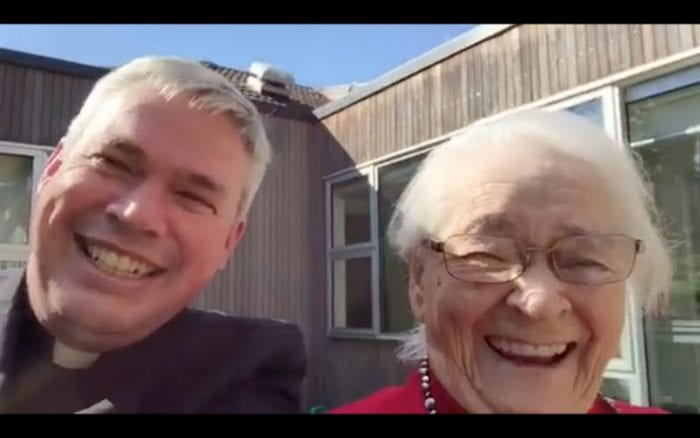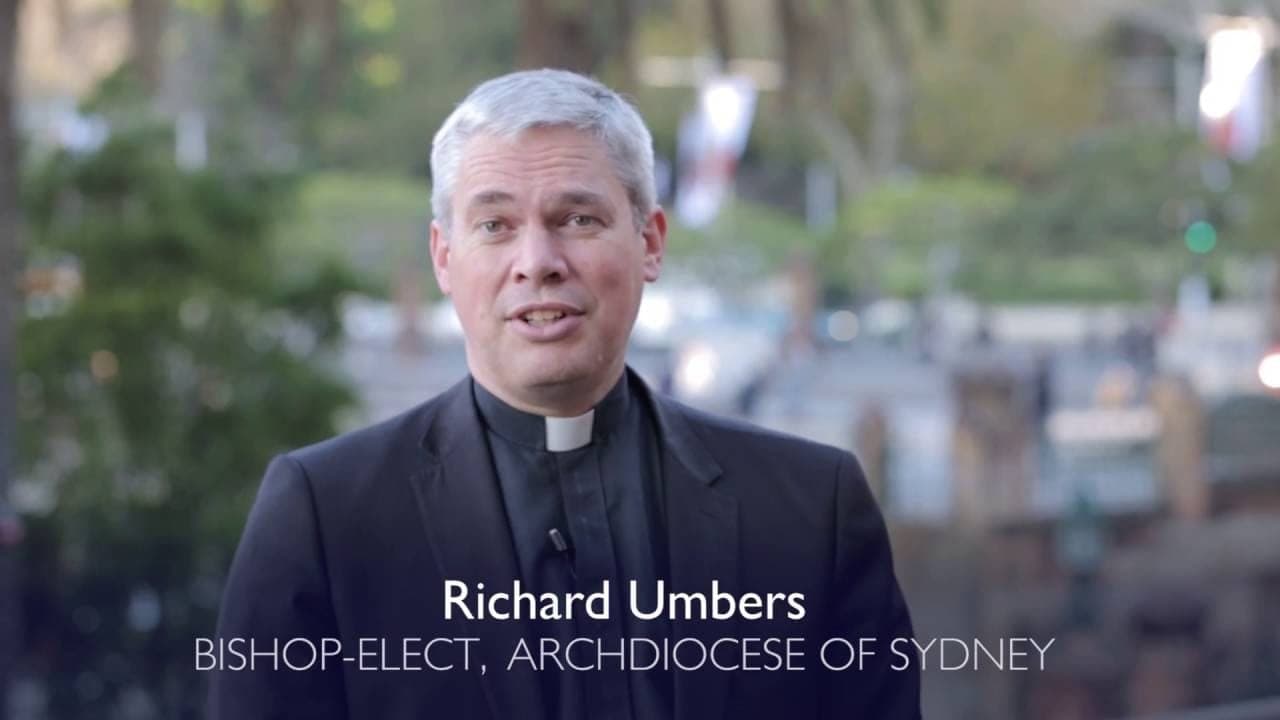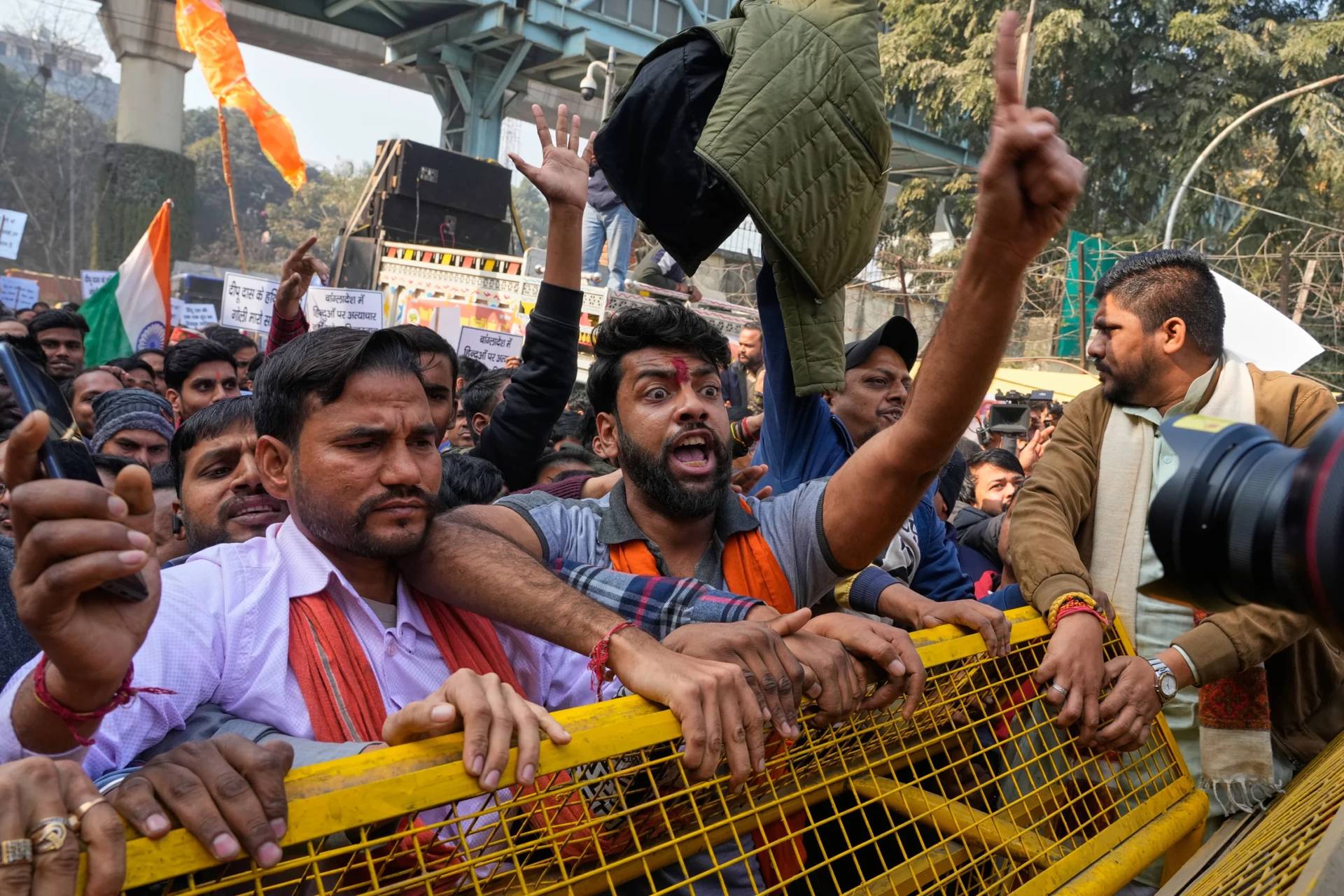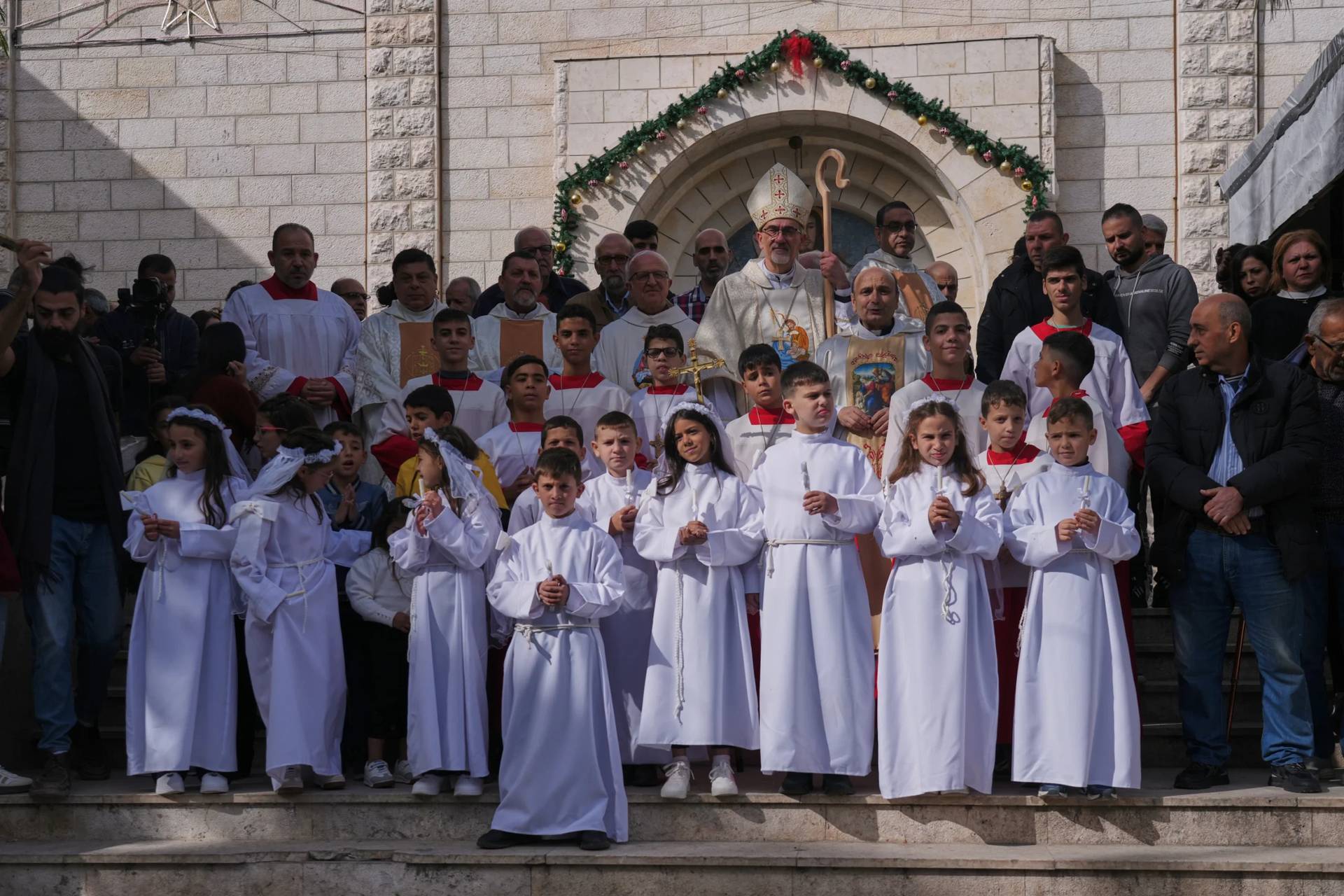ROME — This week, the Vatican’s Congregation for Bishops is hosting its annual training program for newly appointed Catholic bishops around the world. Though it’s got a formal-sounding technical name, pretty much everyone refers to it simply as “baby bishops’ school.”
Last year, one of the freshly-minted prelates who took part was Auxiliary Bishop Richard Umbers of the Archdiocese of Sydney in Australia. Tapped by Pope Francis in June 2016, Umbers is just 46 and a member of Opus Dei, a personal prelature in the Catholic Church founded in Spain in 1928 by St. Josemaría Escrivá.
For denizens of the social media world, however, Umbers is perhaps best known for his lively and engaging online presence. In light of a looming Plenary Council of the entire church in Australia for 2020, for instance, Umbers recently went on a livetweet jag from a talk about what “synodality” means that went on for a full twenty messages, and offered a fairly thorough x-ray of how the expert giving the talk saw the process.
All that, by the way, came courtesy of his Twitter account, which bears the name “Bishop Down Umber.”
Shortly after his appointment as a bishop and before his ordination, Umbers posted a video with his 80-year-old mother, who offered up this sage advice: “You’ll have everybody making a fuss of you. But just remember you’re only Richard Umbers!”
With both mom and son beaming and bursting with laughter, the video went viral.

Crux recently spoke to Umbers ahead of the baby bishops’ school experience, and the following are excepts from that conversation.
Crux: Do you call it baby bishops’ school or something else?
Umbers: I know it has an official title, but everyone calls it baby bishops’ school …
What do you remember of it?
Obviously, meeting the Holy Father was a big thing, but meeting the other bishops, especially the sharing sessions we had, those were incredibly useful. It’s like a shot to the system when you’re made a bishop.
I think those sessions might be something akin to what a teacher feels when they are made a principal or a lawyer gets made a judge. It’s something that goes across the board. There’s no instruction manual for dealing with that. You’re just thrown in there and you have to step up. Just seeing how the other bishops are in the same boat as you, experiencing the same kind of fears and self-doubts, but also dealing pastorally with situations in a practical way, I think that was also helpful.
It’s been a year and a half for me, but it’s a learning curb… I think it’s going to be at least two or three years for me.
Is there something you’ve encountered as a bishop that made you think, “I wish we’d focused more on that instead of having a coffee break”?
Everything! To my surprise, there was a situation that came up in which I remembered one of the principles that we were given in a talk about canon law. That was helpful, even to my own surprise.
I think it’s still in process, there’s a clash of mentalities. You’re in Rome, with people from all over the world, and the place you come from is going to influence the way you view things. So, I’m an Anglo-Saxon, and for an Anglo-Saxon, the whole thing [can seem frustrating]. Like, why is this archbishop or whoever giving me a theological treatise when I’ve got his paper in front of me, what he’s reading, word for word?
Somebody else will be focusing on some other aspect of it. The Roman style is to have these lectures where people give you their views.
What was the best talk that you heard?
Without a doubt, the very best talk was the one we received on the very last session, I think it was a Friday night at like 9:30 PM, because we were going every day until after 10:30… we were kind of hoping to break out with the boys in the evening, have a beer…
Did I tell you about the lunch we had one time?
No…
Because the Americans always have one night in which they go to the North American College for dinner, and they meet the archbishops and cardinals who are there. And we were a bit peeved, thinking, how come they get one and we don’t, so we organized a lunch for all the Commonwealth bishops. The English, the Scots, the Aussies, and we even had an honorary one, a Filipino, who was from the Commonwealth for one lunch. And that was awesome.
I keep in touch with the Canadians on Twitter, and hope to meet some of the British ones when I’m in England next month.
Let’s go back to the best talk …
It was the very, very last one, by Marie Collins. Without a doubt, that was really powerful. It didn’t matter what time of day or night it was put on, that was a real stand-out for me. [Note: Marie Collins is an Irish survivor of clerical sexual abuse, a former member of the Pontifical Commission for the Protection of Minors who resigned over what she saw as stalled progress, and a longtime adviser to various Church bodies.]
What would you tell the students who’re coming this year?
It’ll be nutty advice … Make sure you organize a few lunches and dinners along the way. Make sure you make time to get to know some of those bishops in a more intimate setting. Build friendships there.
Enjoy the universality of the Church?
Oh, we had an encounter with Propaganda Fidei bishops, and we were able to hear the different perspectives. And then we also had Bishop Robert Barron, a great communicator, so that was a joy.
You’re a bishop who’s very active on social media. Why?
Some priests play golf, I guess I get a kick out of being online.
Has anyone ever told you, you should do this, or don’t do that?
No… it’s all purely me, just me having fun.
I’m sure you’ve noticed there’s a lot of ugliness on Catholic Twitter. Instead of engaging dialogue, a lot of people are just nasty… But you seem to have fun, for instance engaging Archbishop [Mark] Coleridge, and many times in controversies. What would you advise Catholics out there who are actually doing more damage than good on Twitter?
Well, an apostolate in the end always comes down to personal relationships, and just because you’re online doesn’t mean that you should be any less urbane as you would with a person who’s in front of you. They have a whole world to themselves, reasons for why they’re where they’re at, and who knows what their emotions are at the time.
You should respond in the same way you’d do face to face: respect the person. It’s not that you can’t make strong points, but do it in the same way you would if you were sitting down with someone with whom you’re having a chat.
People seem to forget that you’re insulting a person on the other side, and many times it’s priests and bishops who are going after each other in 140 characters.
Yeah … That’s the human failings of all of us. How can you be clear… again, it’s not like you can’t say things, it’s not about being wimpy, but you know, in the end, what are you actually trying to achieve? And if you’re trying to give witness, what does the outside world see in it? Everyone hating each other, tearing each other apart?
One has to wonder what happened to fraternal correction, which comes straight from the Gospel. If you have a problem with your bother, you address him in private, then with his superior, and only then in public.
Yeah, that’s a good question, a very good point. And in effect, I think people need reminders: there are other avenues, if you take a little extra time and a little extra sensitivity. In the Gospel of Matthew, have it out with your brother, if he doesn’t listen to you, bring another couple of witnesses.
Maybe that’s one of the things they need to incorporate in the baby bishops’ school, it’d be a very good suggestion!
Is everything OK in Sydney?
Well, we have the Australian Catholic Youth Festival coming up in December. It’s like a mini-World Youth Day. It’s been almost 10 years since we had WYD in Sydney, so I’m carrying this event which we hope will draw 15,000 young people from across Australia. It’s a festival, and it’s similar to what you would expect in WYD. And it’s to inaugurate the year of youth.
Why the focus on youth?
I tried to think back to when the Holy Father engaged with the youth in Poland, those were really magic moments. Youth responds to a challenge, and the Holy Father gave it to them, calling on them not to be “couch potatoes.”
There really is a grand idealism, that if you appeal to it, they’ll respond. And I think it’s a call for every generation to get the best out of everyone in the Church, and the youth are really willing for it, they just need a little bit of leadership.

















